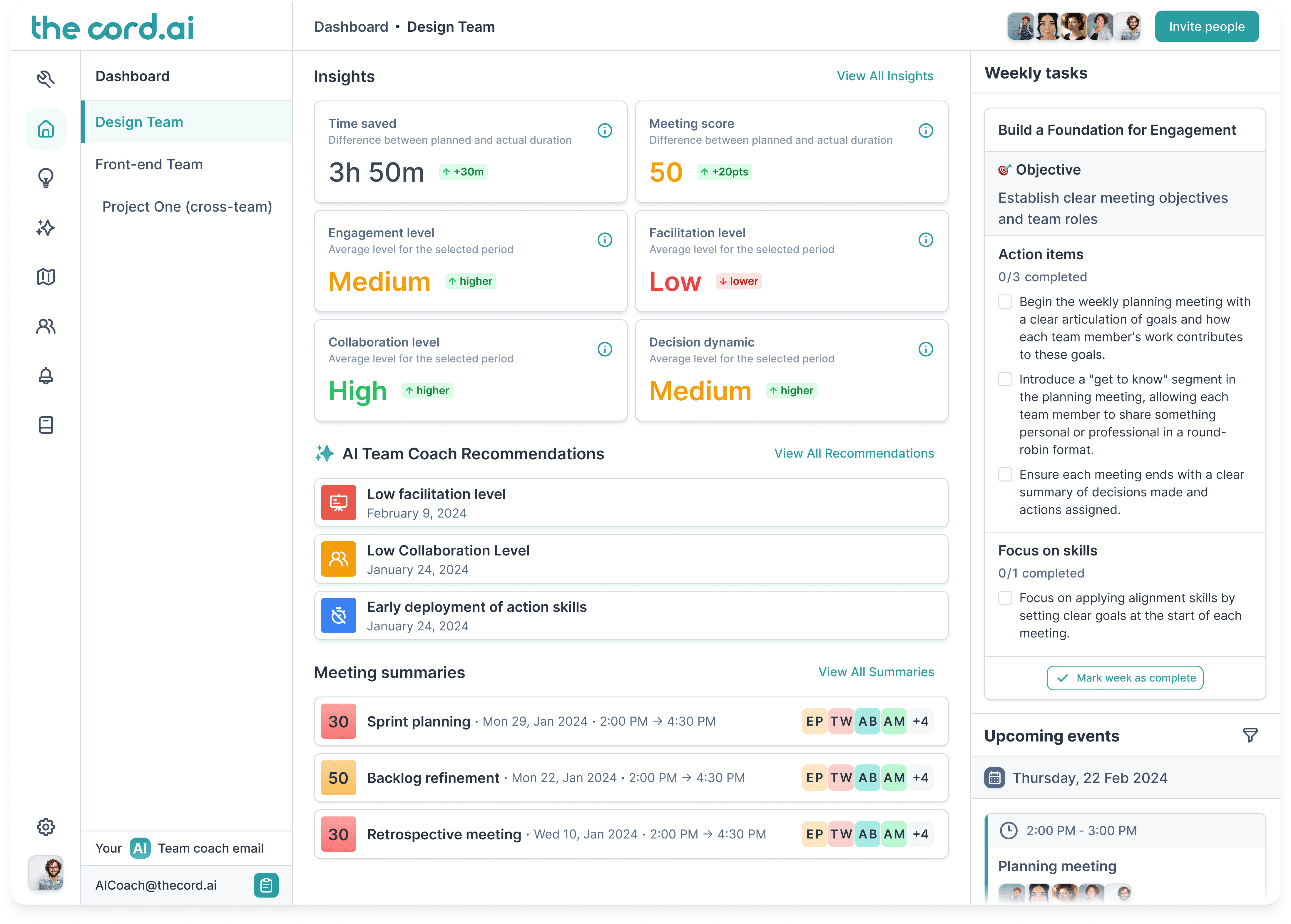Often misconstrued merely as a buzzword, psychological safety is fundamentally the bedrock for nurturing healthy, high-performing teams. It allows team members to express themselves without fear of negative consequences.
Psychological safety means team members can freely engage in risk-taking, voice new ideas, admit mistakes, and ask questions. Actions that are essential for continuous improvement and growth. It's a critical element that supports not just individual courage but also collective strength. Teams will tackle challenges more efficiently and with greater confidence.
This is a process and it is done with intention. According to research by McKinsey, only a quarter of leaders currently exhibit behaviours that promote psychological safety, indicating a significant gap in leadership practices. Here are some foundational strategies to build what is needed for psychological safety (and subsequently, growth) in your team:
Listen actively and implement the feedback. This will demonstrate that contributions are valued, you will empower your team members and reinforce trust.
Show vulnerability is normal. Normalise these experiences for your team members, as it will help your continuous learning efforts within the team.
Failures are important and require attention. Reflect with intentionality on the things you missed in the team and as a team.
Be the main advocate of your team. Trust is key and you can only get it with the right attitude and involvement. Your team will do the extra effort if they feel safe and empowered.
Include theCoRD in the conversation. Innovation is done also with the right and smart tools of the future. Tools like theCoRD can be instrumental, especially as theCoRD analyzes and enhances team dynamics and psychological safety.
Psychological safety is not a niche, but a shift. That requires a commitment to deep cultural change, guided by informed and empathetic leadership, supported by the right tools and strategies.











